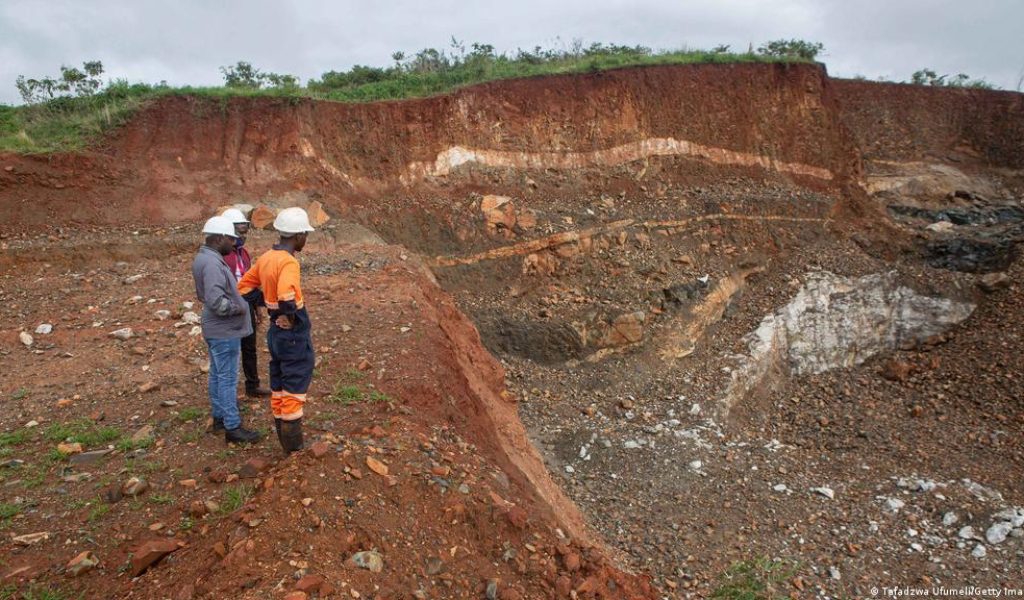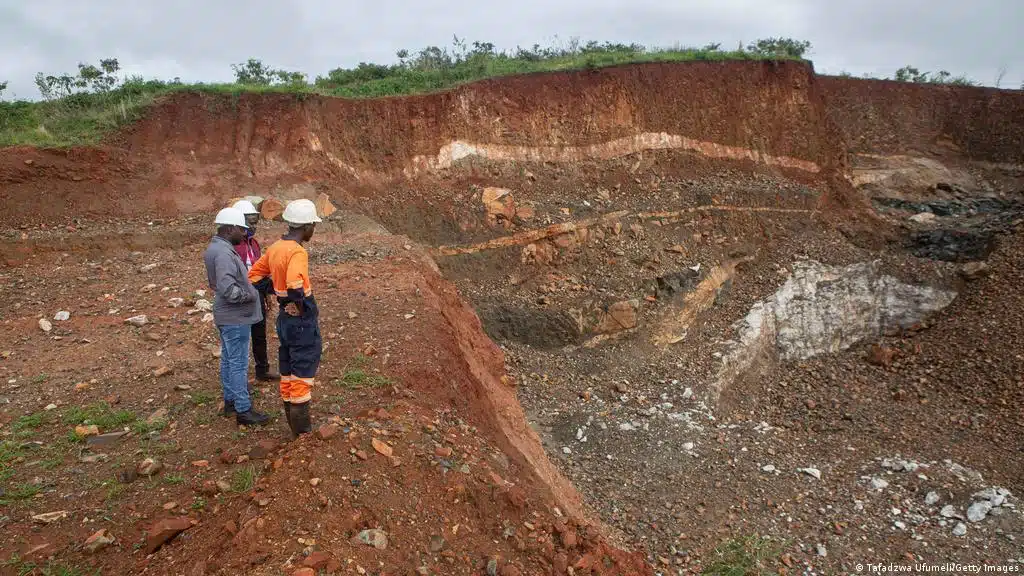Developing nations have been the hardest hit by the recent global surge in inflation. Zimbabwe is one of them, and this African nation is set to improve the state of its finances by increasing taxes on lithium and platinum miners at the beginning of 2023.
From January 1, 2023, platinum miners are expected to pay 5% in taxes. The same amount will apply to lithium producers, marking the first time that taxes have been levied against this particular sector of the mining industry.
Zimbabwe is currently ranked third among the world’s largest platinum sources, following Russia and South Africa. Among its active platinum producers are local units of Anglo American Platinum Ltd. and Zimplats Holdings Ltd.
Lithium mining companies have also been drawn to the African nation, particularly those coming out of China. A joint venture between Chengxing Lithium Group Company and Sinomine Resource Group Company is set to explore the nation for potential lithium deposits. A third company, Zhejiang Huayou Cobalt Ltd., has presented a plan to invest US$300 million in the development of a lithium mine in the country.
Taking Government Revenue into Consideration
The move is seen as a timely one, especially with the massive development that the lithium mining sector has undergone in recent years, thanks to the rising demand for electric vehicle (EV) batteries as nations struggle to reach their carbon neutrality goals. Likewise, Zimbabwe needs to boost its national treasury, seeing how it has been severely depleted by the severity of current economic issues.
Zimbabwean Finance Minister Mthuli Ncube announced the imposition of new mining taxes when he presented his mid-term budget review to Parliament.
Ncube reminded lawmakers that the said imposition of taxes is the best way private mining companies could share the benefits of finite resources with the government and, subsequently, the Zimbabwean people. In his opinion, it provides a vital source of revenue for the government and, as such, needs to be pursued thoroughly.
The finance minister referenced the slowdown of the global economy in his presentation, citing how this has significantly reduced the country’s economic forecast for this year to just 4.6% compared to the expected 5.5% predicted at the end of 2021. Ncube further pointed out how the country’s inflation rate soared to 250% last month – the highest it has been in eighteen months – and that the cost of basic commodities like food and fuel have doubled.
Other factors affecting the Zimbabwean economy include the ongoing conflict between Russia and Ukraine, increasing economic sanctions against Russia, as well as its own depreciating currency.







